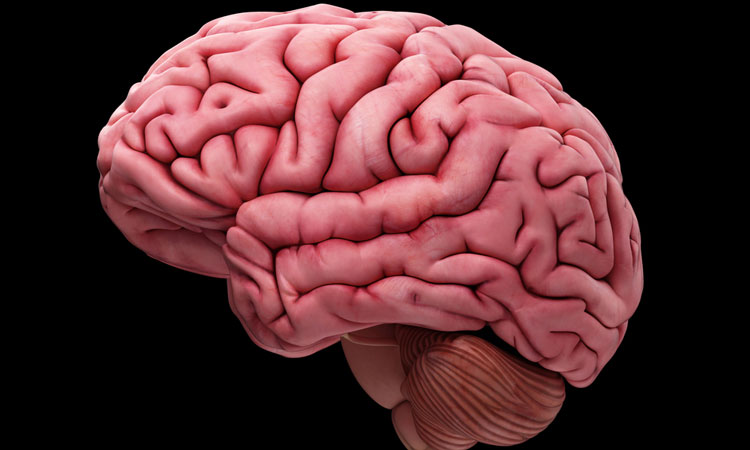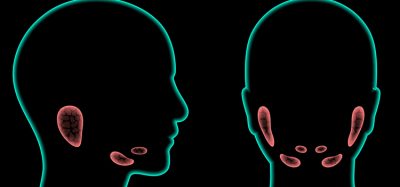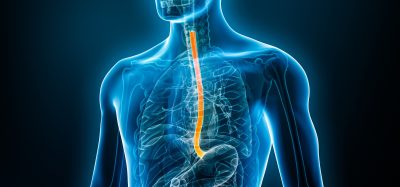Organoids produced to help develop paediatric brain tumour treatments
Posted: 30 January 2020 | Hannah Balfour (Drug Target Review) | No comments yet
Scientists have produced hundreds of organoids which they say could be produced on a large-scale as a low-cost tissue model to help research and test new medulloblastoma therapies.


Collaborative research by Italian scientists has produced hundreds of organoids modelling paediatric brain tumours. They hope these tissue models will allow the development and testing of possible future therapies.
Creating in vitro tumour models from organoids, the team say that large-scale production of these could provide a low-cost method for the screening of new drugs in the future. Their research so-far has focused on medulloblastoma.
“Organoids, generated from skin or blood cells, shaped like irregular spheres the size of a small peanut, were grown by the University of Trento and examined and characterised with Sapienza University of Rome and Ospedale pediatrico Bambino Gesù in Rome. They can show signs of disease and provide a model of the tumours affecting young patients,” explained Luca Tiberi, research team co-ordinator from the Armenise-Harvard Laboratory of Brain Disorders and Cancer at the University of Trento, Italy.
Tiberi said they also produced organoids of healthy tissue which gave the opportunity to understand some of the genetic mechanisms responsible for the onset and development of brain tumours. In particular, the study confirmed the key role of two proteins, Otx2 and c-Myc and investigated the efficacy of a number of therapeutic options, based on the drug Tazemetostat.
He continued: “These in vitro tumours will help us fine-tune research on the genes that cause cancer and on possible prevention and treatment strategies. Organoids give us the opportunity to study brain tumours without using experimental animals in a context that is similar to a real-patient scenario. They can be a reliable tool for developing personalised therapies.”
The study was published in Nature Communications.
Related topics
Disease Research, Drug Development, Drug Targets, In Vitro, Oncology, Organoids, Personalised Medicine
Related conditions
Brain cancer, medulloblastoma
Related organisations
Ospedale pediatrico Bambino Gesù (Rome)., Sapienza University of Rome, University of Trento
Related people
Luca Tiberi








